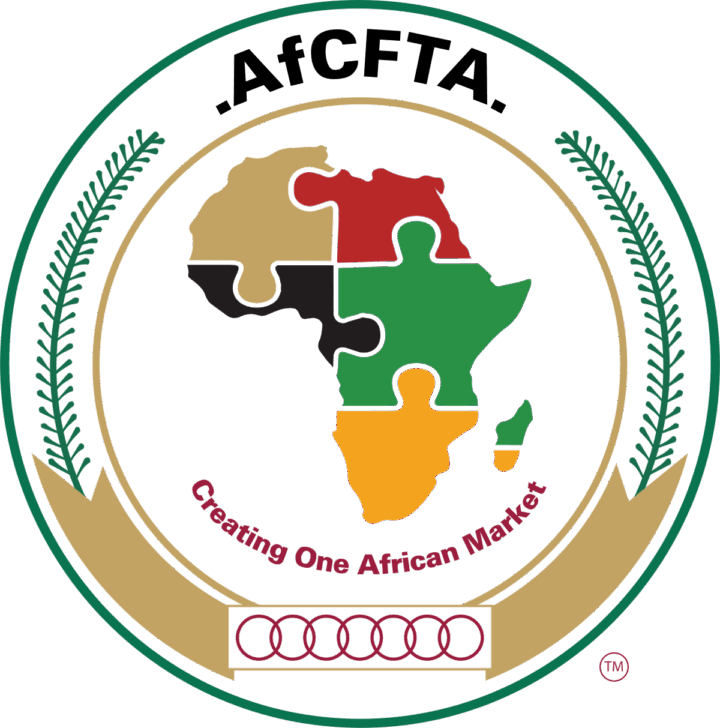The Federal Government has commenced a comprehensive training program for key government agencies and private sector players on the operational rules of the African Continental Free Trade Area (AfCFTA), in a renewed effort to strengthen Nigeria’s participation in the single market and boost non-oil exports. The initiative, spearheaded by the Ministry of Industry, Trade, and Investment in collaboration with the National Action Committee on AfCFTA, comes at a critical time when African countries are intensifying cross-border trade and regional integration efforts.
The training, which brought together representatives from customs, immigration, standards agencies, trade associations, and manufacturing groups, focused on equipping participants with a clear understanding of AfCFTA protocols, tariff schedules, and rules of origin. According to government officials, the program is essential in addressing gaps in knowledge and compliance, which have slowed down Nigeria’s ability to take full advantage of the trade deal since its ratification.

Minister of Industry, Trade, and Investment, Dr. Doris Uzoka-Anite, explained that the training is part of a broader strategy to prepare Nigerian institutions and businesses for the realities of continental trade. She emphasized that while Nigeria has immense potential in manufacturing, agriculture, services, and digital trade, the country must first address internal bottlenecks that prevent competitiveness, including lack of awareness about AfCFTA regulations, inefficient border processes, and weak export capacity.
“The AfCFTA is not just a policy document; it is a practical tool for economic transformation. For Nigeria to lead in this new continental marketplace, both the public and private sectors must understand and implement the rules effectively,” she said. The minister added that Nigeria’s participation in AfCFTA is central to President Bola Tinubu’s economic diversification agenda, which places emphasis on expanding exports, attracting foreign investments, and reducing dependence on oil revenues.
The African Continental Free Trade Area, established in 2018 and operational since 2021, is the largest trade pact in the world by membership, covering 54 African countries with a combined GDP of over $3 trillion. Its primary aim is to eliminate tariffs on 90 percent of goods, facilitate free movement of services and people, and create a unified market of more than 1.3 billion people. For Nigeria, which remains Africa’s largest economy, effective participation could unlock billions in new export revenues and enhance its position as a regional industrial hub.
However, Nigerian exporters have struggled to penetrate African markets due to multiple constraints, including inconsistent standards, high logistics costs, and limited knowledge of AfCFTA’s technical requirements. By targeting agencies such as the Nigeria Customs Service, Standards Organisation of Nigeria, and Nigerian Export Promotion Council, the training aims to close these gaps. Customs officials, for instance, are expected to play a critical role in certifying goods under AfCFTA rules of origin, which determine whether a product qualifies for tariff-free movement across African borders.
Private sector representatives, including members of the Manufacturers Association of Nigeria (MAN) and Lagos Chamber of Commerce and Industry (LCCI), welcomed the training as timely. They noted that Nigerian businesses face stiff competition from other African producers, particularly in countries with stronger export support frameworks. The training, they argued, will give companies a clearer pathway to tap into new markets while also reducing the risks of rejection or penalties due to non-compliance.
Dr. Olusegun Awolowo, Secretary of the National Action Committee on AfCFTA, stressed that Nigeria cannot afford to lag behind in implementing the agreement. He noted that countries like South Africa, Kenya, and Egypt are already making significant gains by exporting to fellow African markets under AfCFTA protocols. According to him, Nigeria must accelerate its institutional readiness, improve product competitiveness, and encourage innovation in order to avoid being a dumping ground for foreign goods.
Stakeholders also pointed out that beyond training, Nigeria must invest in infrastructure, logistics, and digital systems that will support cross-border trade. Issues such as delays at seaports, poor transport networks, and bureaucratic bottlenecks remain obstacles to seamless trade. Some experts suggested that the government should complement training with reforms that streamline export documentation, enhance port efficiency, and strengthen quality assurance systems.
The private sector has urged the government to provide financial incentives and technical support to small and medium enterprises (SMEs), which form the bulk of Nigeria’s producers but often lack the capacity to scale up for export. They also called for stronger collaboration with financial institutions to ensure that Nigerian exporters can access affordable credit for production and logistics.
In response, the Ministry of Trade assured participants that the training is the beginning of a long-term capacity-building plan. It disclosed that more sector-specific workshops will be rolled out in coming months, targeting agriculture, manufacturing, services, and digital trade operators. Government also pledged to set up an AfCFTA helpdesk to guide exporters through the technicalities of rules of origin, certification, and market intelligence.
As Nigeria looks to deepen regional integration, analysts say the success of AfCFTA will depend largely on how effectively the country prepares its institutions and businesses for the challenges ahead. The latest training initiative signals a recognition by government that policy frameworks must be matched with practical capacity to ensure results.
With the AfCFTA expected to reshape Africa’s economic future, the Federal Government’s efforts to build awareness and compliance capacity could determine whether Nigeria becomes a leader in the continental market or continues to struggle with underperformance. By addressing both institutional and private sector gaps, officials believe the country is taking important steps toward reclaiming its position as the continent’s economic powerhouse.
Support InfoStride News' Credible Journalism: Only credible journalism can guarantee a fair, accountable and transparent society, including democracy and government. It involves a lot of efforts and money. We need your support. Click here to Donate
